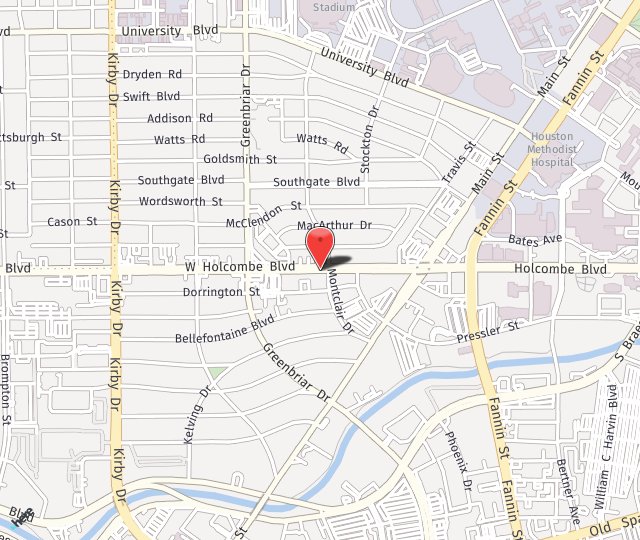
School this year and last are just not the same. Classrooms have taken on a new look across most of the country. In many cases, they’ve become home offices, dining room tables, and living rooms as more and more students have moved to remote learning. As students have faced a tumultuous adjustment period, their usual routines and schedules have undergone a fierce remodel.
With all of these things going on, students’ focus and concentration have no doubt suffered. TMD may be responsible for children’s inability to concentrate and focus on their schoolwork. It’s a big enough hurdle for children to focus on their schoolwork in the actual classroom, never mind having to account for at-home distractions like family, pets, and technology.
Signs of Poor Focus
- Easily distracted
- Squirms or fidgets
- Frequent daydreaming
- Regularly makes careless mistakes
- Forgetful
All of that being said, there’s a difference between adjusting to a new learning environment and not focusing. Diagnoses like attention deficit disorder (ADD) and attention deficit hyperactivity disorder (ADHD) are relatively common, but there may be something else causing these problems with focus. Now that parents can keep a closer eye on their children throughout the day, they have the opportunity to notice concentration problems.
Concentration and the Jaw
Temporomandibular Joint Disorder (TMD), typically the result of an underdeveloped jaw, can be identified by various symptoms that can begin during early childhood. TMD can lead to tooth pain, trouble breathing at night, teeth grinding, and many other troublesome conditions.
- Pain: Pain can be incredibly distracting. Some children can have a hard time communicating what’s wrong or where it hurts at a young age.
- Breathing: TMD can cause Obstructive Sleep Apnea and other breathing problems like snoring. Labored or interrupted breathing, especially during sleep, can cause many adjacent issues. Not getting enough oxygen during sleep can lower sleep quality, which can have its own complications, especially for children.
- Poor Sleep: Poor sleep quality can lead to loss of focus, headaches, forgetfulness, daydreaming, or carelessness.
How Can the Konig Center Help Your Child Excel in School?
Dr. Konig has a tremendous amount of experience treating TMD in groups of all ages. If your child is experiencing difficulty concentrating or suffering from headaches, the answer may be TMD treatment. If you would like to learn more about your child’s treatment options, call Dr. Konig today at 713-668-2289 to schedule an appointment.

